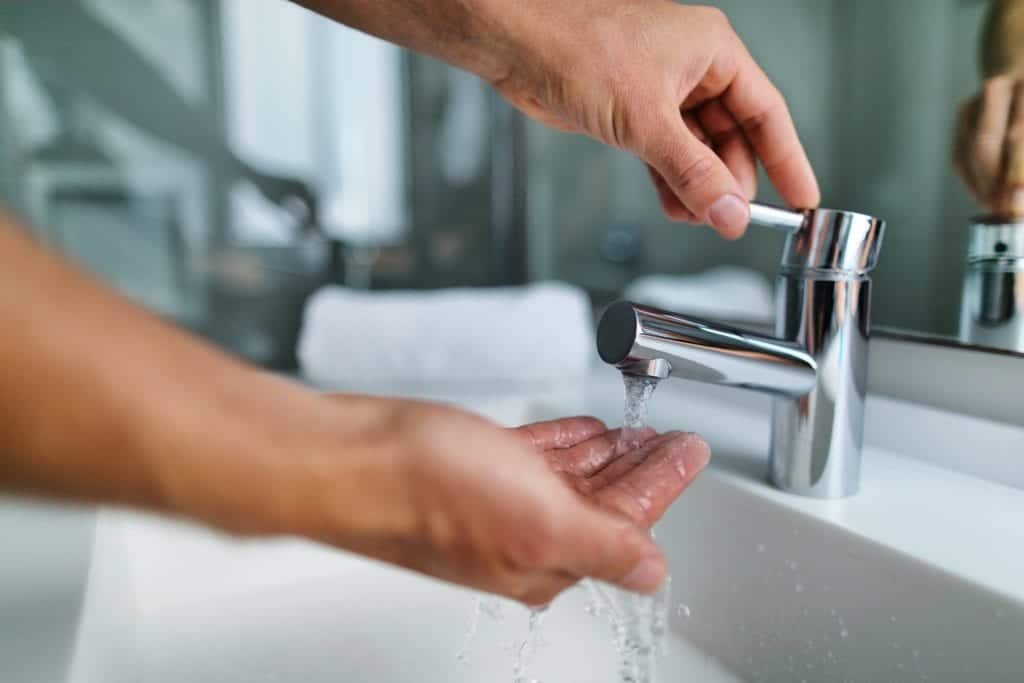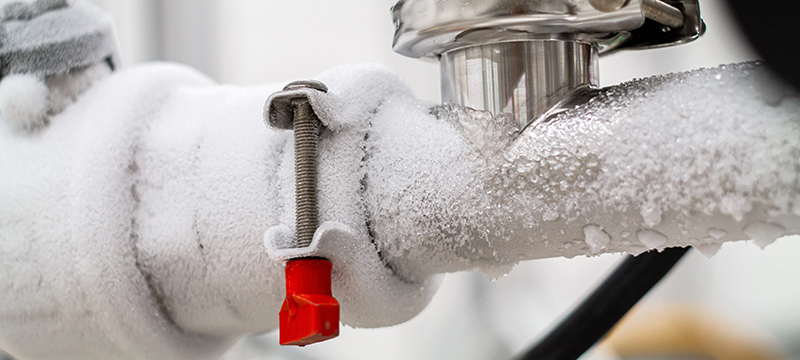Best 5 Winterizing Hacks to Prevent Your Pipes From Bursting in Cold Weather
Booking PageAre you trying to locate content around Prevent Freezing and Bursting Pipes?

All property owners who live in warm environments should do their ideal to winterize their pipes. Failing to do so can mean disaster like icy, broken, or ruptured pipes.
Attempt a Hair Dryer or Warm Weapon
When your pipelines are practically freezing, your reliable hair clothes dryer or warmth gun is a godsend. If the hot towels do not aid dislodge any working out ice in your pipelines, bowling hot air straight right into them might aid. Do not use other items that create direct flames like a strike torch. This can lead to a larger catastrophe that you can not regulate. You may end up harmful your pipes while trying to melt the ice. As well as over time, you may even end up melting your residence. Beware!
Open Up Closet Doors Hiding Plumbing
It would be valuable to open up closet doors that are masking your pipelines when it's chilly outside. For instance, they could be someplace in your kitchen area or shower room. This will allow the warm air from your heating system to circulate there. As a result, you prevent these revealed pipelines from cold. Doing this small trick can maintain your pipes warm and also restrict the potentially harmful outcomes of freezing temperature levels.
Take Time to Wrap Exposed Piping
One easy as well as cool hack to heat up icy pipes is to wrap them with warm towels. You can likewise utilize pre-soaked towels in hot water, simply don't neglect to wear protective gloves to secure your hands from the warmth.
Activate the Faucets
When the temperature declines and it seems as if the frigid temperature will last, it will certainly aid to turn on your water both inside as well as outdoors. This will maintain the water streaming with your plumbing systems. In addition, the motion will certainly slow down the freezing procedure. Notably, there's no need to turn it on full force. You'll wind up throwing away gallons of water by doing this. Instead, go for regarding 5 decreases per min.
When Pipes are Frozen, shut Off Water
Turn off the primary water shutoff right away if you observe that your pipes are completely icy or nearly nearing that phase. You will usually locate this in your cellar or laundry room near the heating unit or the front wall surface closest to the street. Turn it off right away to avoid more damages.
With even more water, even more ice will pile up, which will at some point lead to break pipelines. If you are not sure regarding the state of your pipes this winter, it is best to call a specialist plumber for an assessment.
All house owners who live in temperate environments have to do their finest to winterize their pipes. Failing to do so can mean disaster like icy, fractured, or ruptured pipes. If the warm towels do not assist dislodge any kind of working out ice in your pipes, bowling warm air straight into them might assist. Transform off the primary water valve right away if you discover that your pipes are entirely frozen or almost nearing that phase. With more water, even more ice will load up, which will ultimately lead to break pipes.
PREVENT YOUR PIPES FROM FREEZING THIS WINTER
A Leading Cause of Property Damage
When the weather is taking a deep nose dive into the cold dreary days, the risk of your pipes freezing and potentially bursting skyrockets. Unfortunately, during these cold dreary months, burst pipes are the most common denominator for property damage. The pipes that are most at the risk are those that are in areas where it is most cold in your home. For instance, pipes located in interior places such as basements, attics, and your garage. Unfortunately, that doesn’t mean that the pipes running through your cabinets or exterior walls can’t freeze. Good news, however, is that you can do things to help prevent pipes from freezing.
How to Prevent Pipes From Freezing
Once the temperature starts to drop during the winter, you should be taking the proper measures needed to ensure that your pipes stay warm and that there is circulation of water through them. Some steps that experts may recommend could go against your better judgement when it comes to saving water and heat. However, it would go without saying that when expenses are compared, damaged pipes could put a bigger dent in your wallet than a water bill.
What Can I Do?
Keep your garage door closed. This is very important, especially if you have water supply lines running through your garage. Open your kitchen and bathroom cabinets to allow warm air to circulate through them. Allow air circulation throughout your home. Keeping the interior doors open will once again allow the warm air to circulate inside your home. Ensure your thermostat is running the same temperature throughout the night and day. If you plan to be away from home during the cold months, set your temperature no lower than 55° F. This should provide enough heat to keep the pipes warm and prevent any remaining water inside the pipes from freezing. For more of a long-term solution, add insulation to attics, basement, and other crawl spaces around your home. By allowing your faucet to drip, it will alleviate pressure in the system. This is important because the pressure that is created between the blockage and the faucet can potentially cause the pipes to burst. Allowing the faucet to drip will prevent the pressure from building up, therefore keeping the pipes from bursting. Seal any cracks, openings, and crawl spaces around your home to prevent cold air from coming inside. This keeps your pipes-not to mention your home-warmer and less susceptible to issues caused by freezing temperatures. For the pipes in your home that are easily accessible, applying electrical tape to them might prevent them from freezing over. This is a quick fix, as you can apply the tape directly to the pipe. There are two options for heating tapes. One turns on and off by itself when it senses heat is needed. The other type of heating tape needs to be applied when heat is needed and removed when not necessary. If you have exposed pipes in your home, you can check this website to take a look at a few options that would be available at a shop near you.

As a fervent person who reads about Winterizing Your Pipes, I think sharing that piece of content was worthwhile. Are you aware of somebody else who is interested in the topic? Be sure promote it. Thank-you for going through it.
Request Service